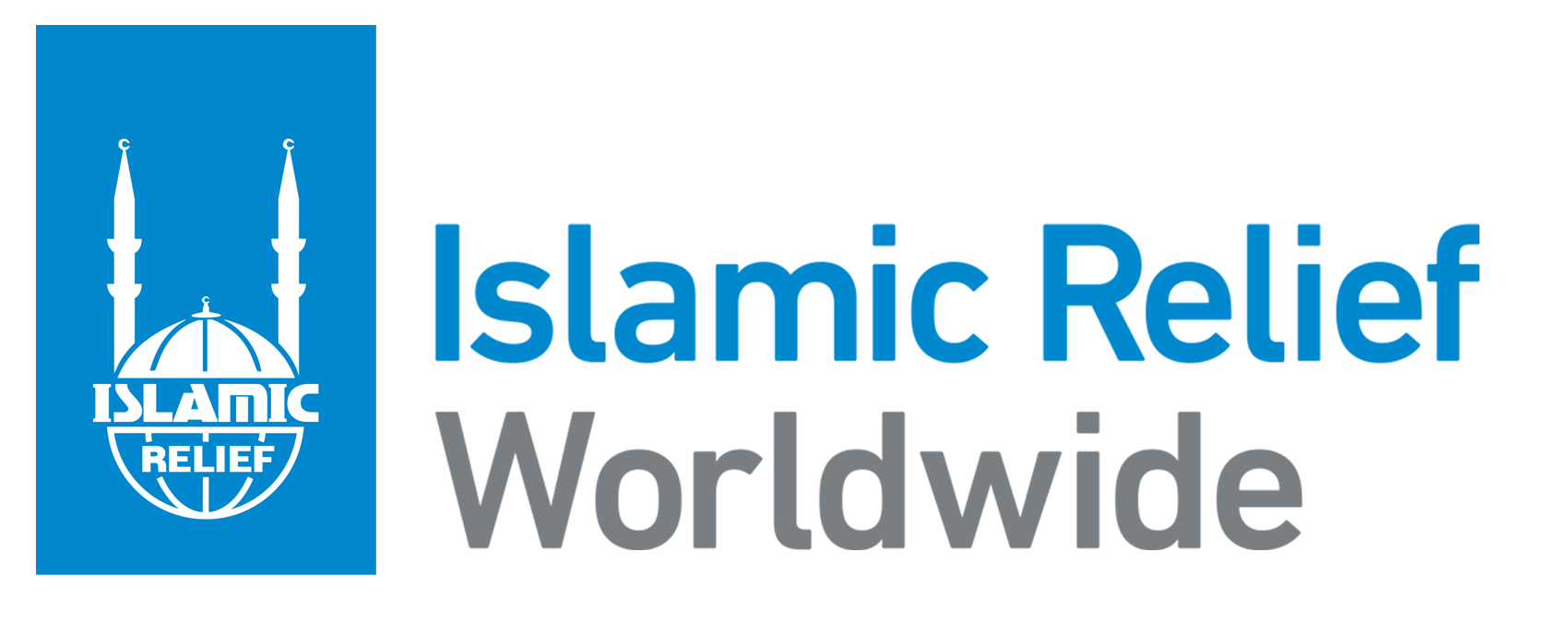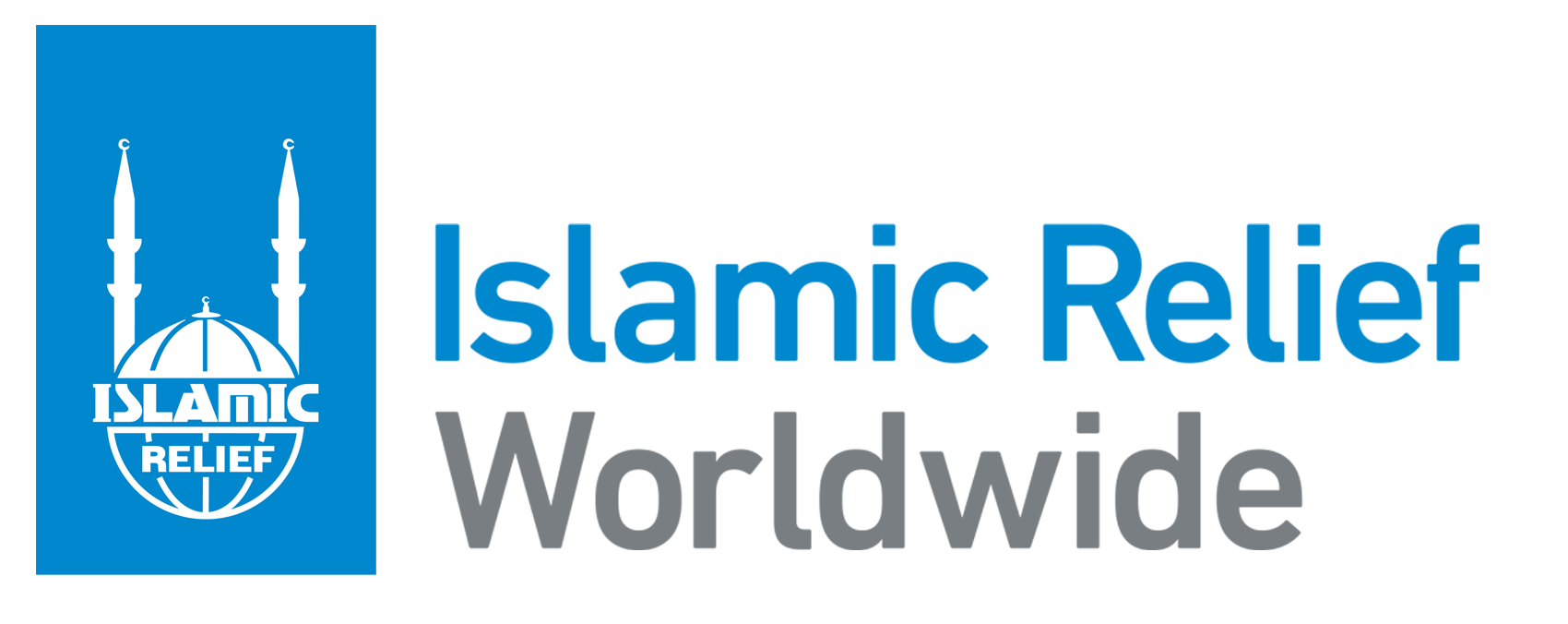Indonesia
In 2010, our project to provide educational opportunities to girls won an honourable commendation in the UNESCO WENHUI award.

The office allowed us to respond quickly to one of the deadliest disasters in recorded history – the tsunami of 2004 which devastated coastal communities in eleven countries, killing at least 180,000 people in Aceh, Indonesia, alone.
The day after the disaster, we distributed food, medicine, tents and hygiene supplies to tsunami survivors, for which we received international recognition from other aid agencies, the United Nations and the Indonesian government.
We went on to work in partnership with other aid agencies to resettle people in sustainable housing in Aceh. In the housing settlements people were provided with livelihood support and access to healthcare, education and clean water.
Two years later, an earthquake measuring 6.2 magnitude struck close to Yogyakarta city – destroying 80 per cent of homes and killing more than 2,000 people. Within four hours, we were providing food, essential supplies and tents in seventeen sub-districts of Yogyakarta and Bantul.
Current Islamic Relief projects in Indonesia include helping families to regain their livelihoods, and work to rebuild local economies and industries. We also provide comprehensive disaster risk reduction training to schools, religious buildings, and communities.
Our memorandum of understanding with the Ministry of Home Affairs allows us to engage and support communities in socio-economic development, water and sanitation, education, orphan, disaster preparedness and emergency response. The mandate covers five Provinces in Indonesia: Nangroe Aceh Darusallam (NAD), West Sumatera, Jawa Barat, Nusa Tengarra Barat and Banten.

